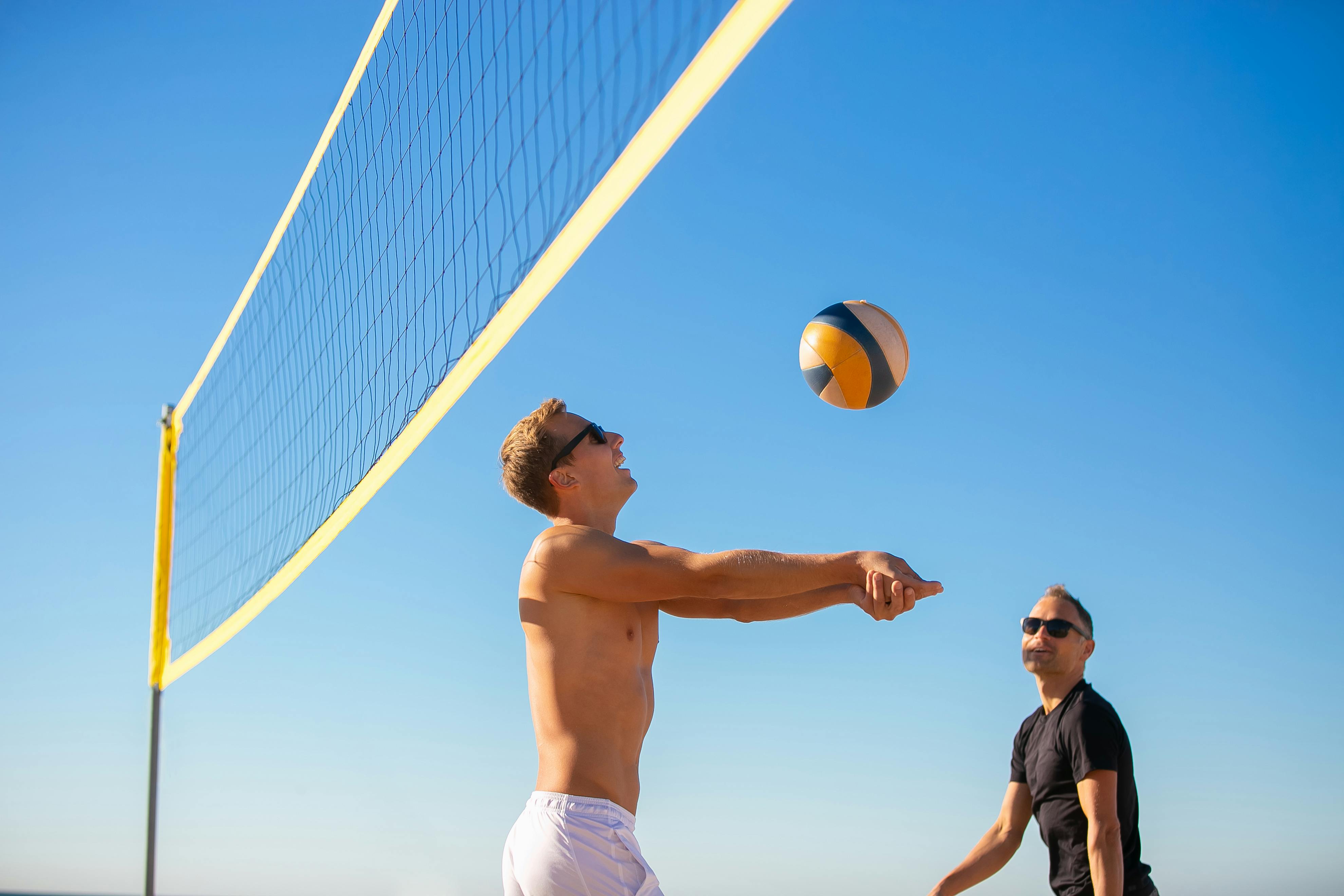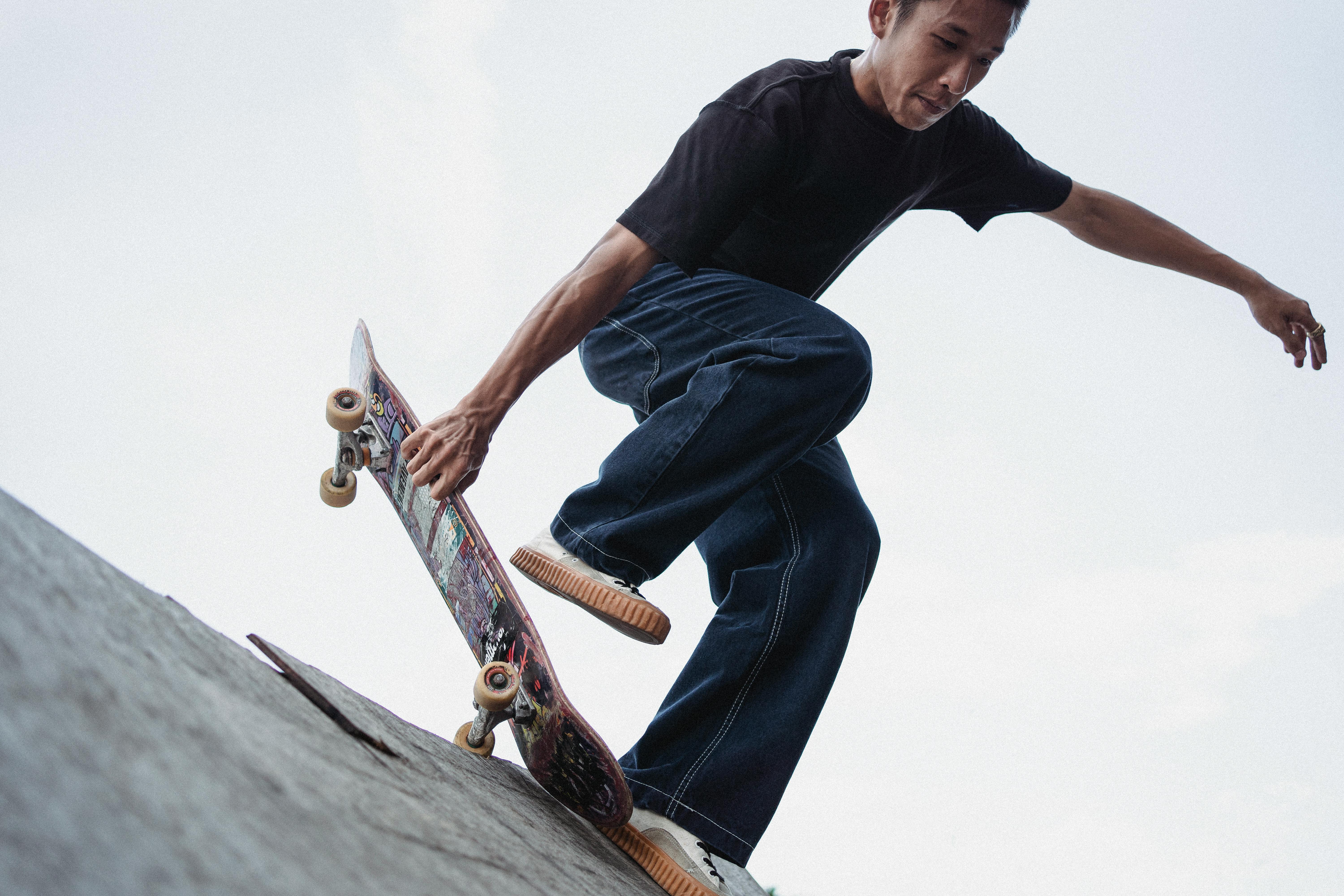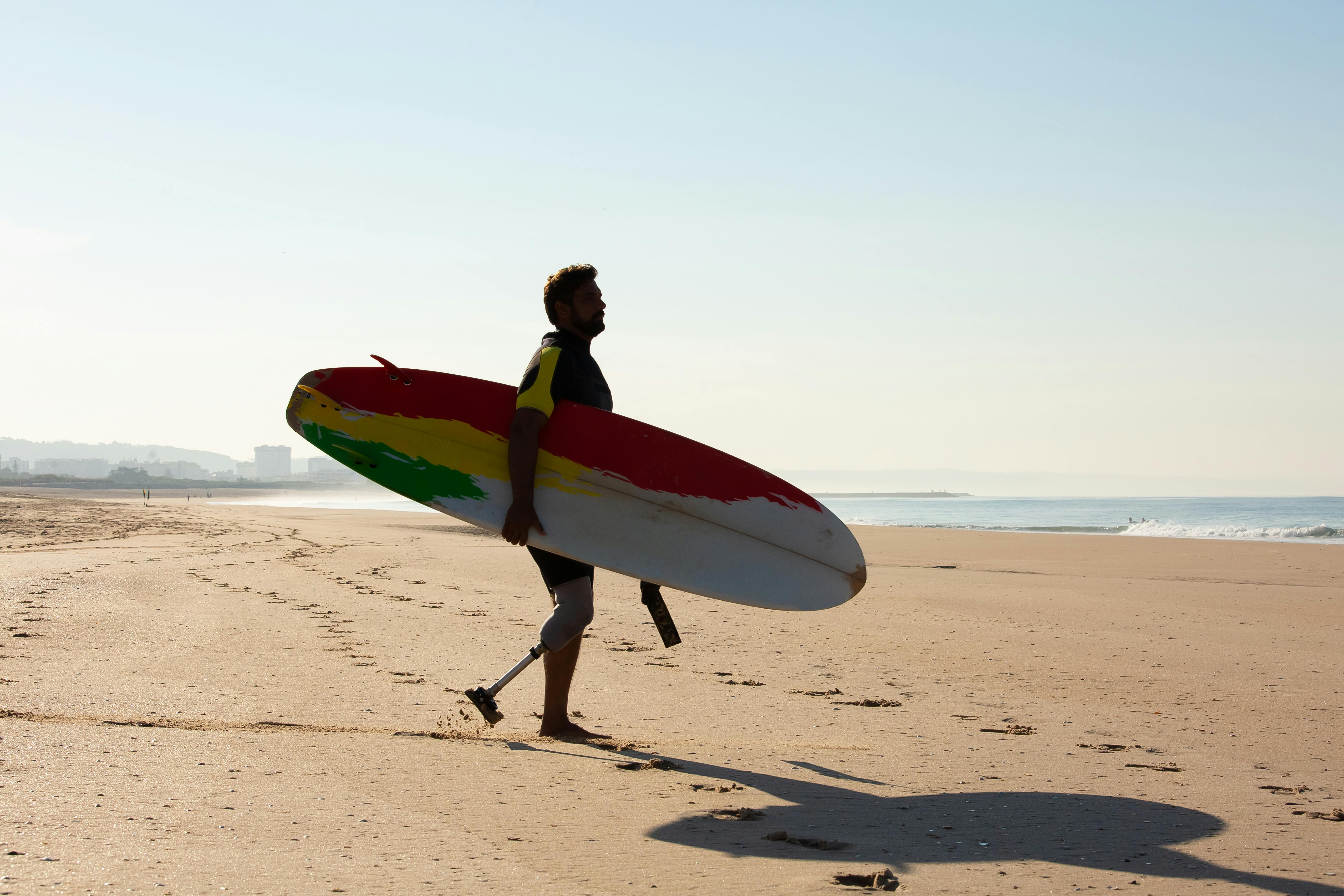1972 Summer Olympics: Munich, Germany
On August 31, 1972; 22-year-old John Akii-Bua (50.35s) won in the fourth heat of the five 400m hurdles heats in Round One. Stavros Tziortzis (50.54s), who earlier in the year had beaten a Akii sickly to second place, in an athletics competition in Europe, he finished second (50.54). Olympic medal hopeful William (Bill) Koskei of Kenya, who won silver from Uganda in the same event at the Commonwealth of Nations Games in Edinburgh in 1970, had finished disappointingly fourth (50.58) in the second this Round One series. Koskei was eliminated from advancing to the semi-finals. The top three finishers from each of the five heats, plus one hurdler with the next fastest time, advanced to the semifinal round of sixteen hurdlers.
On September 1, 1972, Akii (49.25 seconds) won the first of two semi-final heats. It is notable that in this series, Akii-Bua was drawn in lane 2 to compete against two other great medal hopefuls: David Peter Hemery of Great Britain, who was an Olympic champion and world record holder; and Ralph Mann of the United States, who had the world leading time over the intermediate hurdles and was ranked number one in the world in the event. Akii-Bua commendably beat Ralph Vernon Mann (49.53) and Dave Hemery (49.66). Here, Akii-Bua raced these arch-rivals for the first time. Akii-Bua’s confidence that he would win strengthened. The top four finishers from each of the semi-final ties were the finalists. Akii-Bua intended to break the world record by approximately one second.
On September 2, 1972, Akii (47.82 seconds), despite being dragged into the unfavorably narrow lane 1, won the final in a new Olympic and world record. He became the first man to officially run the race in under 48 seconds. In a photo finish fight, Ralph Mann (48.51) was second and Dave Hemery (48.52) won bronze. After four decades, Akii still holds the Ugandan record of 47.82; and this remains one of the fastest times ever recorded by an African hurdler. Akii remains the only Olympic gold medal-winning hurdler from Africa; the only African with an Olympic gold in a track event of less than 800 m.
1976 Summer Olympics: Montreal, Canada
In July 1976 in Montreal, Uganda boycotted the Olympic Games, along with almost 30 countries, mostly African. The boycott was due to the International Olympic Committee (IOC) not banning New Zealand from participating in the Olympics after the New Zealand national rugby team toured apartheid South Africa earlier in the year. Akii-Bua had trained hard, in the same year he set a personal record and Ugandan record in the 400m dash. He really wanted to defend his Olympic title. The rapid progress of Edwin Moses from the United States had become the main international attraction among intermediate steeplechase runners. Moses would go on to win gold at these Olympics and break Uganda’s world record. It is also notable that in the third week of June 1976, Akii-Bua’s thigh muscle (left hamstring) was torn. This injury could have reduced his chances of competing or performing well at the 1976 Olympics.
1980 Summer Olympics: Moscow, Soviet Union
At the Olympic Games, on July 24, 1980 at the Grand Arena in the Central Lenin Stadium Area in Moscow, Akii-Bua, now 30 years old, placed in the first series of three in Round One of the 400 meter hurdles. The top four leaders in each heat, plus the four with the next fastest times would advance to the semifinal round of 16. Akii-Bua (50.87), who spent a lot of time in his prime, was fifth. After the three heats, the times were counted and Akii-Bua was able to proceed to the semi-finals. Notably, more than sixty countries, including the United States, most of which protested the Soviet Union’s invasion of Afghanistan in 1979, did not compete in Moscow. The competition was significantly reduced.
On July 25, 1980; the Ugandan (51.10), who was running in the second of two semi-final heats, was beaten in seventh place and eliminated from advancing to the final. The eight hurdlers with the fastest times were the finalists.
on July 31, 1980; Akii-Bua competed in Round One as part of the Ugandan 4x400m relay team. Uganda was placed in the second of the three qualifiers. The first two countries to finish from each series, plus the next two fastest countries would be the finalists. Uganda (3:07.0) was fifth and was eliminated to advance to the final. This would be the last time Akii would compete in the Olympics.




Recent Comments